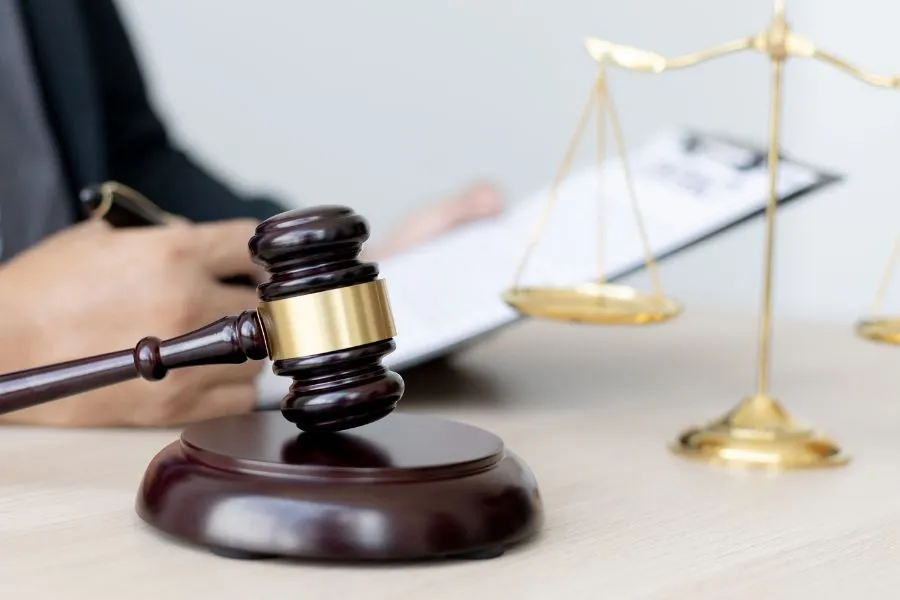What Is the Visa Remonstration Process and Why Was It Important?
The visa remonstration process was a critical element in Germany’s visa application procedure. This voluntary internal review allowed applicants to contest a visa rejection by submitting a written explanation to the embassy or consulate. It served as a last-ditch effort for applicants to provide additional information or clarify misunderstandings before the final decision was made. While it wasn’t a full-blown appeal process, it offered a faster, more accessible way to challenge a decision. As of July 1, 2025, however, this procedure will be officially abolished, making way for new changes.
Key Takeaways
Key Reasons Behind Germany’s Decision to End the Remonstration Procedure
Germany’s decision to end the remonstration procedure stems from a pilot project initiated in June 2023. This project aimed to determine whether removing the process would increase efficiency and reduce application backlogs. The results were clear: eliminating the remonstration procedure freed up considerable staff capacity, allowing for faster visa processing and reduced waiting times. With a growing demand for visas and limited resources, Germany recognized that streamlining certain aspects of the application process was essential to maintain efficiency.
How Will the Removal of the Remonstration Process Affect Visa Applicants?
For applicants, this change could mean more complexity in the event of a visa rejection. The immediate impact is that applicants will no longer have the option to submit an internal review of their visa refusal. This might seem like a setback, especially for those who feel their applications were denied due to administrative errors or misunderstandings. Instead, applicants will need to go through a formal judicial appeal, which is both time-consuming and costly.
Judicial appeals can take as long as two years to resolve, which is a significant increase from the three-month duration of the previous remonstration process. Applicants must now weigh the time and financial commitment of pursuing legal action versus reapplying for a visa with better documentation and clarity.
Also Read: Why Is Germany Raising Apprenticeship Pay for Skilled Workers?
What Are the Alternatives for Contesting a Visa Rejection Under the New System?
Without the remonstration process, the primary alternative is pursuing a judicial appeal through the German administrative court system. While this option is available to applicants, it’s considerably more formal and involves legal proceedings, which could involve fees and substantial delays. The appeal system is also more rigid in terms of evidence and procedure, meaning applicants need to have a solid case backed by strong documentation to succeed. However, the good news is that applicants still retain the right to reapply for a visa at any time, provided they address the issues that led to the rejection.
What Does This Change Mean for the Efficiency of Germany’s Visa Processing System?
The end of the remonstration procedure is expected to positively impact the overall efficiency of Germany’s visa processing system. By eliminating a step that required significant staff involvement, Germany can speed up the assessment of new applications. With a more streamlined process, visa officers can focus their time on reviewing fresh applications, improving the overall response time for applicants. The result? Reduced waiting times and faster processing for those who submit complete and well-documented applications.
How Does the Digital Application System Impact Visa Applications in Germany?
Since January 2025, Germany has also introduced a digital application system through the Consular Services Portal. This move is designed to further improve the visa application process. By allowing applicants to submit their applications online, the system eliminates the risk of incomplete or lost paperwork and ensures that all necessary documents are provided upfront. This digital system is expected to improve the quality of applications and reduce the number of errors or missing documents, which in turn will enhance processing efficiency.
What Should Applicants Know to Avoid Visa Rejections in the Future?
With the end of the remonstration process, applicants must ensure that their initial visa applications are complete and accurate. Since there is no opportunity for a quick internal review, applicants need to double-check all forms, documentation, and supporting materials before submitting their applications. It’s crucial to be clear and transparent about the purpose of your visit and provide as much relevant evidence as possible to strengthen your case.
If you do face a rejection, consider whether reapplying might be a more effective route than entering the judicial appeal system, especially given the long delays associated with legal challenges. Keep in mind that the new digital system provides tools to help prevent common mistakes, so utilizing it to its full potential could significantly improve your chances.





